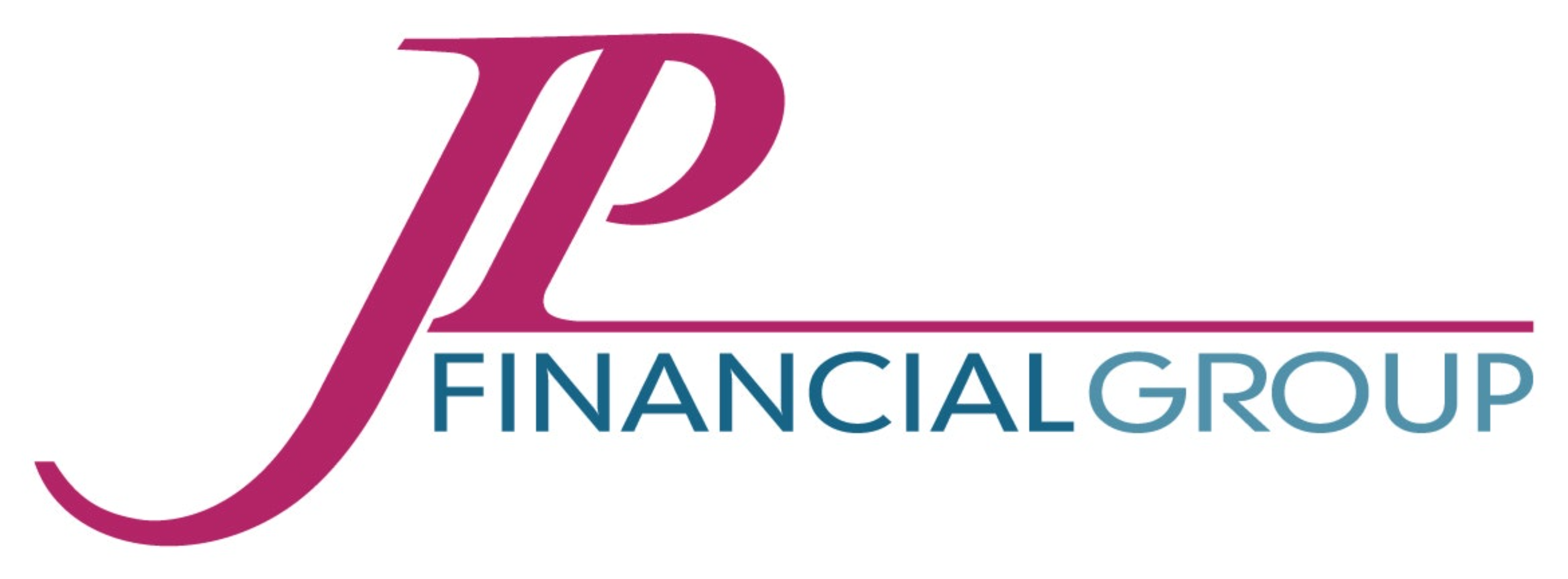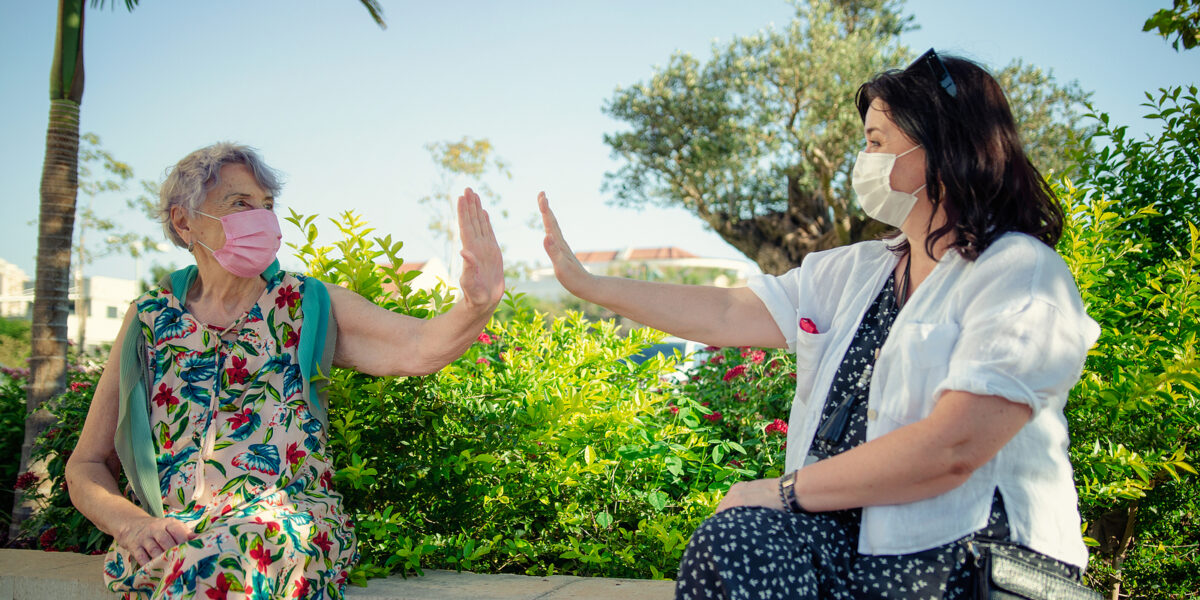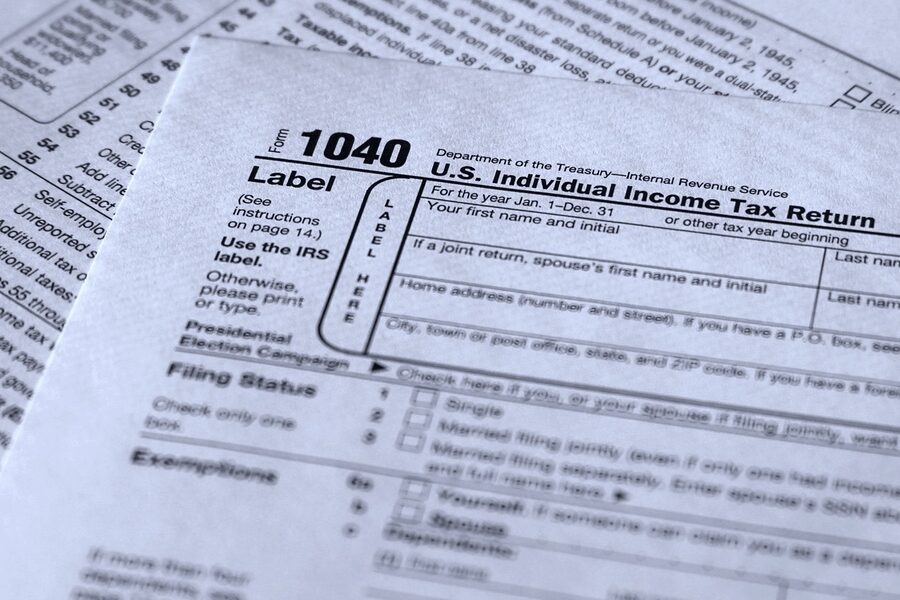News
How to Prepare for Retirement in a Post-COVID Era
If the coronavirus pandemic has taken a toll on your finances, you may need to rethink your retirement strategy if you’ve lost your job, work part-time, or transitioned to a lower paying job. Here are some tips that may help you prepare for retirement and create a financially secure future in a post-COVID era.
Women and Retirement
When it comes to retirement, women can experience more challenges saving for retirement than men. Some of these challenges include leaving the workforce to care for children or other family members and lower pay or challenges in finding full-time employment.
Retirement Income Planning 101
When it comes to retirement and retirement income, you probably know that saving for it as early as possible is essential. This way, you can tap into the power of compound interest and build a healthy nest egg for your future.
How to Prepare for Tax Season
Tax season is fast approaching! If you’re hiring a Certified Public Accountant (CPA), accountant, or other tax professional to handle your taxes, you still have to do some work. It’s your responsibility to gather certain documents so that your tax pro has everything they need to file your return.
Financial Aid Awareness Month Tips and Ideas
February is Financial Aid Awareness Month. Its purpose is to provide important information to students and their families about financial aid. If you have children or grandchildren who plan to attain higher education after high school, now is the perfect time to increase your knowledge about the college funding process.
Protect Your Loved Ones with Life Insurance
This Valentine’s Day, you owe it to yourself to show your loved ones just how much they mean to you. By investing in life insurance, you can protect your loved ones. At its core, life insurance helps protect your family from financial hardship in the event you unexpectedly pass away.
How the New President May Affect Your Finances
In honor of President’s Day on February 15th, it may be a good idea to discuss with your financial professional how our new president, Joe Biden, may affect your finances, taxes, and retirement. Meeting with your financial professional will enable you to prepare accordingly for the next four years and beyond. Here’s a brief overview of what Biden has in store for his upcoming term:
Hobbies and Your Health
According to Wikipedia, “A hobby is considered to be a regular activity that is done for enjoyment, typically during one’s leisure time, not professionally and not for pay. Hobbies can include collecting items and objects, engaging in creative and artistic pursuits, playing sports, or pursuing other amusements.”
10 Financial Moves for 2021 to Do Now
Happy New Year! The start of a new year is a great time to make financial moves that benefit your life in 2021 and beyond. Let’s get started. Starting the New Year with these 15 tasks in process or completed can make a financial difference to you and others:
Financial Wellness- How Do You score?
If you do a Google search for financial wellness, you will find many definitions or explanations. Financial wellness doesn’t have just one meaning because it means something different to each person. Financial wellness is a broad term that encompasses these key areas:










